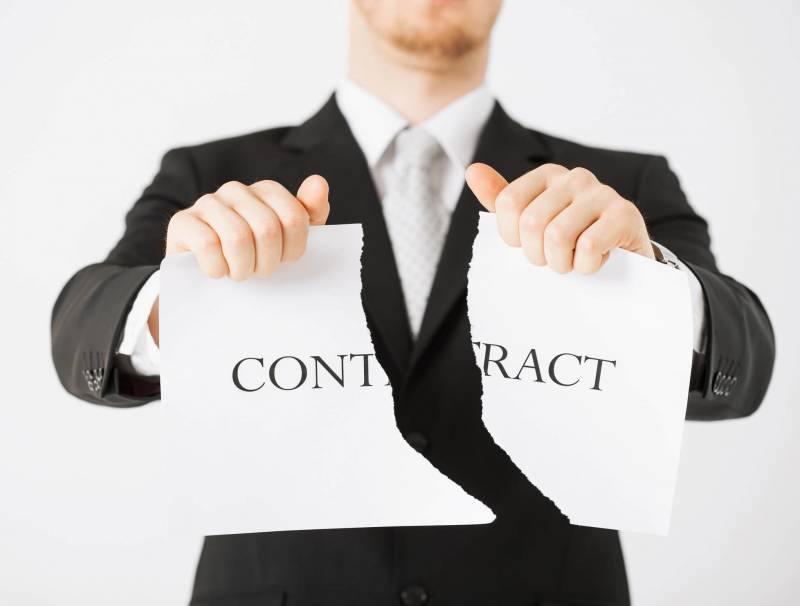Five Things to Look For in Buying Home Insurance
Your home is more than just a place to live. It’s where you’ll make your inaugural Thanksgiving for your family. It’s where your child takes his first steps. It’s where you’ll curl up under blankets together during a lightning storm. Home is the place where memories are made.
With such a meaningful and significant place, you want to keep it protected. From water damage to fire to vandalism to other natural disasters, life is full of the unexpected. Sometimes, you can’t prepare your home for everything. To ease the strain of stress in having to take care of your home should a disaster occur, home insurance steps in.
When it comes to looking for and purchasing insurance for your home, there are a lot of factors that come into your decision. After all, for such a memorable place, you want to be sure you’re well taken care of. Here, we share five things you should look for in choosing a home insurance plan that best fits you and your family.
1. Determine How Much Coverage You Need
Knowing exactly which home insurance plan you’ll need can be a difficult process. Thankfully, there are several resources and buying guides to provide the inside scoop on how you can prepare and make the best decisions.
One of the first things you need to figure out is how much coverage you actually need. TWFG- Guajardo Insurance, which provides home insurance in Kingwood, notes that the more coverage you have, the less you have to pay yourself should a disaster occur. However, more coverage also means a higher price.
There are different levels of coverage you should be aware of as you make your decision. According to an article from U.S. News by Abby Hayes, there are six main insurance levels. These levels vary as to how much and what is covered should anything happen. What you’re looking to cover and how much you want covered will come into play as you choose a home insurance plan.
2. Compare Deductibles
Not all insurance companies offer the same deductible price for the same coverage. The deductible is the amount of money you’d have to pay first to repair or replace something. This is paid before the insurance company gets involved.
An article from Insure Online suggests to be sure you’re okay with paying the deductible price should you need to make a claim. Generally, the lower the deductible, the more expensive the insurance policy will be.
Choosing a plan with a high deductible can help you save on costs. An article from Realtor.com by Gina Roberts-Grey suggests choosing a high deductible plan. The article notes that since people only file a claim every 8-10 years, you should choose a plan with the highest deductible that you can afford. Choosing a plan with a high deductible saves you money each year since these plans tend to have a lower cost.
3. Shop Around Before Deciding
Especially with these important decisions, it’s important to look at all available options before settling on one plan. Hayes suggests reaching out to at least three companies to compare their plans.
When searching around, you may be tempted to simply go with the least expensive plan for what coverage needs you have. This may not always be the best route. You want to be sure to have a company that will demonstrate good customer service.
Insure Online adds that you may even be able to get discounts on your policy. Bundling your home and car insurance policies with the same company may help save you money. Check out your options as you find the insurance company for you.
4. Your Location Can Be a Factor
Your house condition and location can also be big factors in your type of insurance policy. Gina Roberts-Grey says that homes located near the coast are at higher risk of bad weather events. Threats such as hurricanes, windstorms and flooding can increase the price of an insurance plan simply because of where you live.
5. Know Your Policy
When you do decide on an insurance company to protect your home, make sure you read the information and policy provided. Insure Online emphasizes that a home insurance policy is indeed a legal contract. You should know what you’re responsible for as the homeowner and what you can expect from the insurance company.
Before finally signing that document, be sure you’ve read it and understand each section. Know what to expect in protecting your home.
Be Confident in Your Care
With threats of weather events and vandalism, it can be comforting to know that your home will be taken care of in repairs or rebuilding. Experiencing a disaster is never easy, but with an insurance plan, you can be covered and comforted.






















